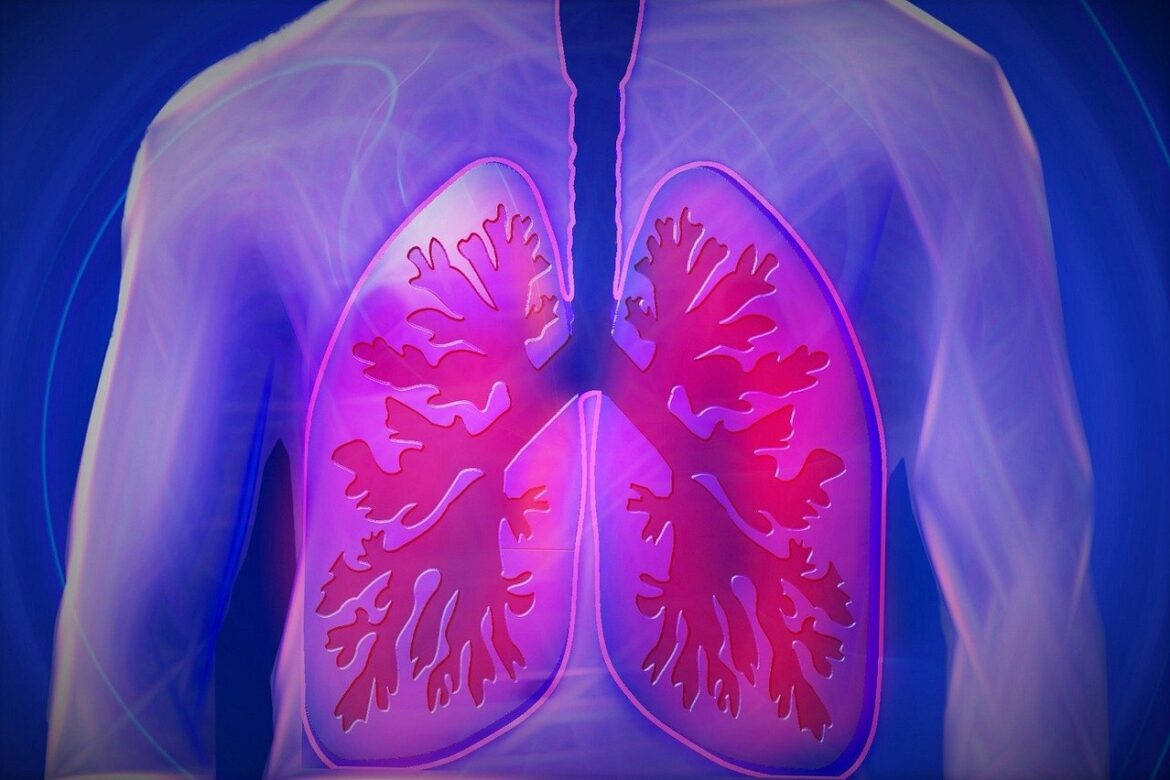Top 5 Troublemakers for Lungs and How To Avoid Them
October is Healthy Lung Month. It is important to talk about the top five troublemakers when it comes to lung health; general neglect, bronchitis, mold, air pollution, and smoking, and how to avoid them to help protect your lungs. Nearly 37 million Americans suffer from chronic lung diseases, some of which are completely preventable. Taking steps at any stage of life can help decrease the strain on your lungs and allow you to breathe more easily. Learn more about the top 5 troublemakers for lungs and how to avoid them.
General Neglect
On average, we take 960 breathes an hour and close to 600 million breathes in a lifetime. Without well-functioning lungs, our bodies have to work harder, and other body systems suffer without proper breathing. Breathing is crucial to human survival and disease, smoking, poor air quality, and environmental hazards can all cause trouble for the lungs. As we age, the lungs become less flexible and that decreases the ability to take full deep breathes. By changing your habits early on, your lungs will be able to function better in the later decades. Exercise can help to strengthen your lungs and reduce the age-related effects. Not smoking, avoiding lung irritants, and preventing lung infections can also reduce wear and tear on the lungs.
Bronchitis
Bronchitis is the inflammation of the airways of the lungs. Iinflammation can cause increased mucus to be produced, which can lead to increased difficulty breathing. The most common causes of chronic bronchitis are cigarette smoking and air pollution. Bronchitis can lead to more frequent and severe lung infections that can eventually lead to heart failure. Although chronic bronchitis is not curable, there are many treatments available that can help manage the symptoms and help maintain lung function. Medications like bronchodilators (inhalers), steroids to reduce inflammation, supplemental oxygen, and respiratory rehab can make breathing easier.
Mold
Mold is everywhere, both inside and outside. Exposure to mold can lead to allergic reactions and breathing problems like asthma, respiratory tract infections, and wheezing. Constant airborne exposure can lead to irritation of the throat and lungs. The best way to help with mold is to prevent it from occurring in the first place. A few easy ways to limit mold inside are to use a dehumidifier, improve air movement and ventilation, and keep areas where mold likes to grow dry and clean. While it is hard to control all mold growth, taking precautions to limit it can help keep the air you breathe cleaner.
Air Pollution
There can be indoor and outdoor air pollution that can cause trouble for your lungs. Indoor pollution can include; secondhand smoke, Radon, and chemicals. Outdoor air pollution can also affect your lungs. Secondhand smoke is just as harmful as smoking a cigarette. Making sure your home and car are smoke-free can help reduce the pollutants in the air. Also, chemicals and Radon in the air can affect overall air quality. Avoid using synthetic air fresheners and candles or harsh cleaning products. Keeping dust and dander to a minimum can also help to reduce lung irritants. There are many great room air purifiers available that can help reduce air pollution inside the house. Outside, try not to exercise in heavily trafficked areas, as breathing in the exhaust can bother your lungs. Wearing a mask with environmental hazards can reduce the fine particles from being inhaled as well.
Smoking
Smoking is the number one cause of lung cancer and chronic obstructive pulmonary disease (COPD), which includes chronic bronchitis and emphysema. It causes the airways to narrow, making it more difficult for air to pass in and out. Over time, cigarette smoke can cause inflammation and lead to cancerous lesions developing. No matter what age you are, you can choose to quit smoking. There are numerous programs and products on the market that make quitting easier. Twelve hours after your final cigarette, the carbon monoxide levels in your body return to normal. It can take up to 9 months to repair themselves after you quit smoking. A few natural ways to help your lungs heal are eating an anti-inflammatory diet, avoiding pollutants, exercising regularly to help deepen your breath.
The main takeaway from this blog is that your lungs are vital to your overall health and well-being. Stop smoking, exercise regularly, decrease your exposure to air pollution and other airborne lung irritants, and avoid infections to help keep your lungs functioning for many years. In addition, deep breathing research has been found to increase lung function if done for a few minutes each day. So in parting, I would like you to stop and do a deep breathing exercise with me. Breathe in through your nose for 4 seconds with your mouth closed, hold it for 7 seconds, and exhale through your mouth for 8 seconds.
Working with a trained Freedom therapist to help get your breathing back on track can help you get back to ENJOYING MORE FREEDOM. Sign up for your lung assessment today.

